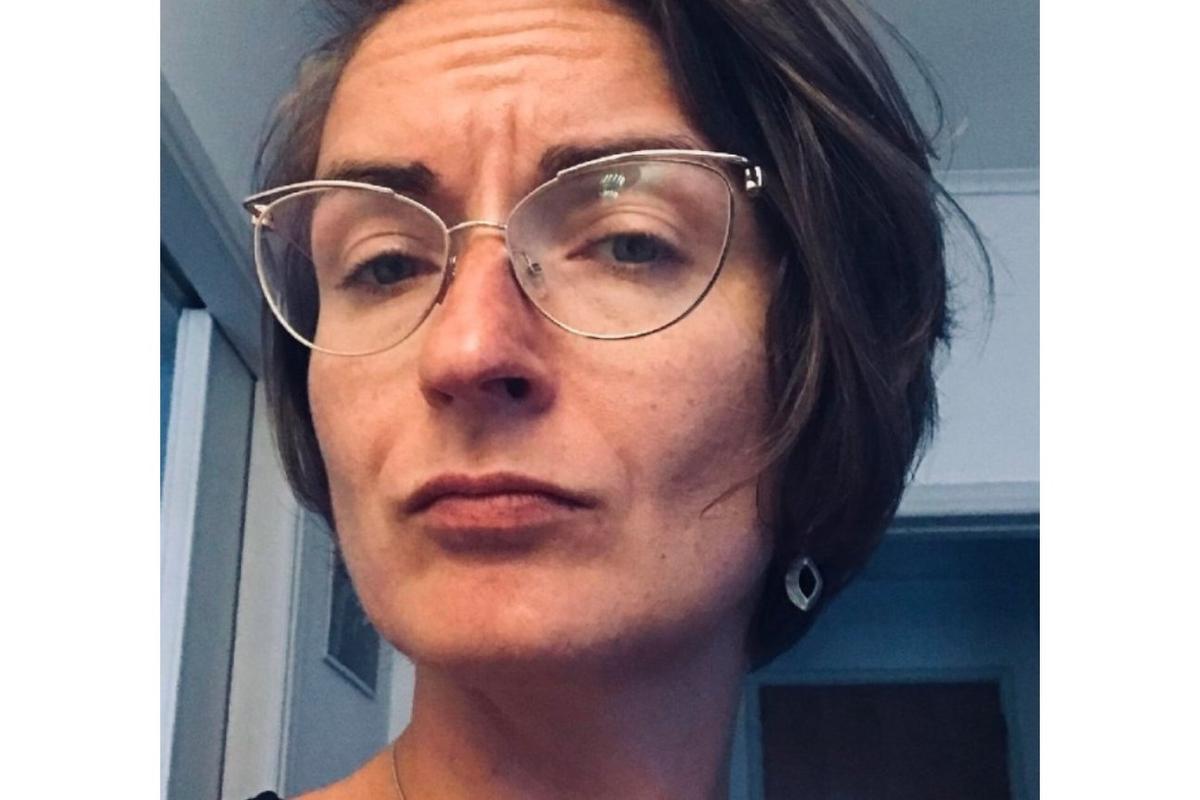A scholar at the centre of a University of Toronto hiring controversy has rejected the school’s latest job offer.
Valentina Azarova has been the focus of intense controversy on campus since 2020 when she was identified as the top candidate to be the director of the law school’s International Human Rights Program.
The school ultimately did not offer the post to Azarova, who was living in Germany, citing immigration concerns. Attention, however, was focused on a judge and donor to the law school who had suggested to a university administrator that the school should exercise its “due diligence” citing Azarova’s long history of work that was highly critical of Israel.
Tax court judge David Spiro subsequently had his actions reviewed by the Canadian Judicial Council which found he had made serious mistakes but should not be removed from the bench.
Under pressure from groups such as Amnesty International and the Canadian Association of University Teachers (CAUT), the university undertook a second search process, saying from the beginning Azarova was the preferred candidate.
“As many of you will know, we resumed the search for a director in June,” law school dean Jutta Brunnee said in a note to faculty on Sept. 17. “I can now share the news that the preferred candidate expressed their appreciation for what they described as a good-faith offer, but ultimately decided to decline.”
The debate became so heated the university commissioned a retired Supreme Court of Canada justice to probe the allegation of donor interference. Justice Thomas Cromwell ultimately concluded immigration issues, not donor pressure, kept the school from offering Azarova the job.
CAUT, however, rejected that conclusion and slapped a rare motion of censure on UofT. The motion effectively blacklisted the school by urging members and others not to accept appointments or speaking engagements there.
CAUT had said the censure would stand until Azarova was offered the job, and in a news release Friday it announced the censure would be “paused,” but the debate over donor interference and academic freedom is not finished.
“After careful consideration, however, Dr. Azarova has declined the offer. Her decision, while unfortunate, is understandable given the University’s initial reaction to the unfounded and scurrilous attacks on her reputation and her research,” CAUT said.
“There remain other measures that the University will need to take to fully resolve the issues leading to censure. These include explicitly extending academic freedom protections to academic managerial positions such as the IHRP Director and developing policy that prohibits the University’s Advancement office and donors from interfering in internal academic affairs, including personnel decisions.”
In a statement from UofT, the university welcomed the news that CAUT had paused the censure and added that changes were already underway.
“The Provostial Guidelines on Donations were recently updated to make some requirements even more explicit, including reaffirming the primacy of academic priorities and approvals in directing fundraising activity, and accentuating the importance of institutional autonomy and confidentiality in all hiring decisions. It also clarified appropriate terms for interaction with alumni and donors. All advancement staff have attended mandatory training sessions over the past few weeks on appropriate boundaries in donor relations and the recent updates to our policies and guidelines,” a university spokesperson said in an email to The CJN.
“In addition, an advisory group, led by the Acting Vice-President & Provost and the Vice President, People Strategy, Equity and Culture, is examining appropriate protections for professional/managerial staff whose duties may require them to work on controversial topics. The advisory group is conducting consultations and seeking input from all members of the UofT community. The group aims to report back in October.”
B’nai Brith Canada, which had asked the federal government to deny Azarova a work permit if the university did offer her a job, said in a news release Friday it was “disturbed” by the university’s decision.
“We are disturbed by UofT’s decision to offer Valentina Azarova the directorship of its International Human Rights Program, as she is and was clearly unqualified for that position,” CEO Michael Mostyn said.
David Matas, B’nai Brith’s senior legal advisor, added problems remain unresolved.
“My general view is that the fact that Valentina Azarova has declined to accept the offer does not resolve all problems. She should have not been recommended by the search committee in the first place,” he wrote. “The suggestion that her initial non-hiring had anything to do with Jewish money and influence remains an unacceptable antisemitic trope which all too many adopted, and which still has not been adequately rejected. The second search was improperly weighted in her favour. These concerns remain.”
During the height of the debate, the president of the University of Toronto Faculty Association, Terezia Zoric, told a town hall meeting on the issue that “an entitled, powerful Zionist minority” has been subjecting Azarova supporters to a campaign of “unending harassment and psychological warfare” by falsely labelling any support of her appointment as antisemitic.
That led a small group of professors to start a petition demanding Zoric apologize and that the university distance itself from her remarks.
Stuart Kamenetsky, one of the authors of that effort, said in an interview Friday he was disappointed neither of those demands were met.
“I expect we’re going to see a lot of spin about this, but it’s an outcome that’s going to please everyone,” he said. “Her supporters get their win because she was offered the job and the Jewish community gets its win because she’s not coming.
“I’m happy for our Jewish students that the director of this program will not be Azarova,” he added.
As for the next steps, Brunnee said she is eager to “strengthen the IHRP and to see it under long-term leadership as soon as possible.” In the meantime, the program will continue to be overseen by an interim director, her note said.
